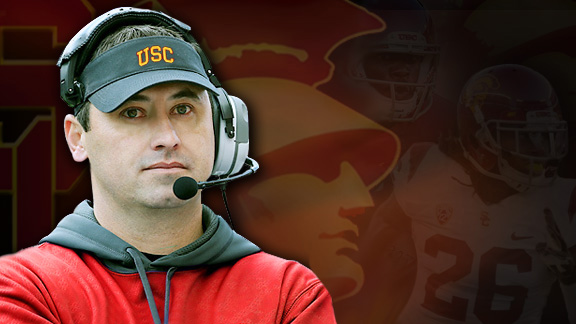Some pretty lousy news broke just before yesterday’s game against the Orioles. Apparently, MLB investigated a social media death threat against Khris Davis:
The tweet, attributed to “Xero Vanderbilt,” referenced Davis’ Twitter name and, using a racial epithet, said “You (sic) family should all be killed.” […]
“Recently, I had a death threat on my Twitter. MLB checked it out. Unfortunately, yes (there were bad intentions). I don’t know. It’s a crazy world. I was in Chicago. They tagged me with some stuff and I didn’t have a good game.” […]
Brewers general manager Doug Melvin couldn’t go into any details because MLB investigations are conducted in private but said the team was assured the matter had been handled.
“All we do is turn it over to MLB security,” said Melvin. “It is serious when that happens. We were just told it was handled. We don’t get involved with it. We don’t get details of it. Anything that is deemed serious, we all have MLB security at every city we go to. We have a card with a number (to call).”
It’s a shame that Davis had to deal with this unpleasantness, and happily the matter has been resolved. However, the issue does raise a few questions without easy answers, the most obvious being: What is the appropriate response to a death threat tweet?
I’ve never been on the receiving end of something so vile, so I can’t say how Davis should have felt about it. It’s no secret that there are more than a few abusive and bigoted comments out there on the internet. How do we know which ones to take seriously? On one hand, I’m inclined to think you can’t let an anonymous tweet get to you. On the other, I’ve never had anything threatening directed at me, so I can’t say I wouldn’t be shaken like Davis.
I do know I don’t trust the judgment of MLB in terms of reacting to perceived threats. During its 2013 drug war, MLB proved it would engage in all sorts of dubious tactics in the name of preserving the integrity of the game (even though PED use in baseball has been around longer than the designated hitter). Next year, MLB will force all fans to go through metal detectors in response to a few violent incidents that didn’t happen inside ballparks. MLB’s record on risk mitigation leaves a lot to be desired.
Not to minimize the ugliness of Davis’ predicament, but it would be interesting to know how MLB security decides what social media commentary is worthy of investigation. If it’s made on a social media site like Twitter, is it taken more seriously than a letter mailed to Miller Park? What if it’s a comment buried at the end of a blog post? Maybe these are all handled on a case-by-case basis, but one wonders what kind of guidelines MLB uses.
Also, how exactly was this particular threat “handled?” According to the 60 Minutes interview with Biogenesis founder Tony Bosch earlier this year, MLB has hired former FBI agents for its investigations in the past. Who do they hire to “handle” threats against players? It doesn’t seem like intimidation of some online creep would be beyond the pale for MLB. Enquiring minds want to know.
Davis seems to be feeling much better now, and it’s good to know he has a strong support system of coaches and teammates to help him deal with loathsome internet threats. But I can’t help but think there are behind-the-scenes details to the story we would be better off knowing.
(Image: Mark Hoffman)
Add The Sports Daily to your Google News Feed!
